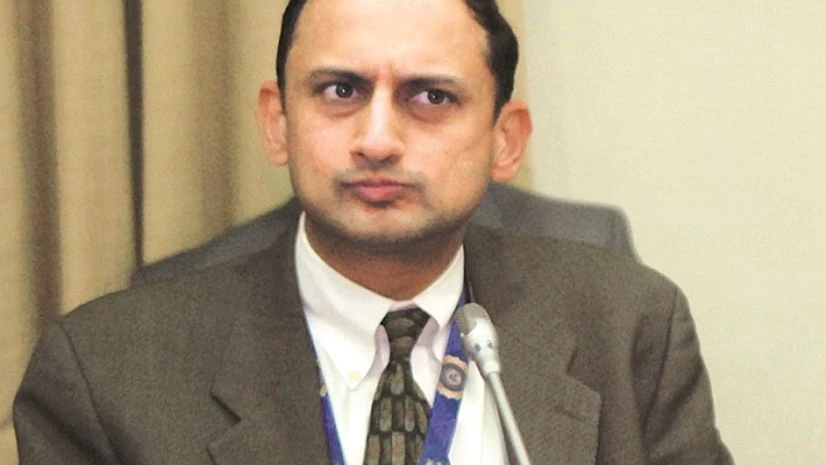The Reserve Bank on Thursday switched back to the gross domestic product (GDP)-based measure to offer its growth estimates from the gross value added (GVA) methodology, citing global best practices.
Government had started analysing growth estimates using GVA methodology from January 2015 and had also changed the base year to 2018 from January.
While GVA gives a picture of the state of economic activity from the producers' side or supply side, the GDP model gives the picture from the consumers' side or demand perspective.
Deputy governor Viral Acharya today said the switch to GDP is mainly to conform to international standards.
"Globally, the performance of most economies is gauged in terms of gross domestic product (GDP). This is also the approach followed by multilateral institutions, international analysts and investors, and primarily they all stick to this norms because it facilitates easy cross-country comparisons," Acharya told reporters at the customary post-policy presser.
Even the Central Statistical Office (CSO) has started using GDP as the main measure of economic activities since January 15 this year, he added.
More From This Section
"So, even though there are good economic reasons to employ GVA as the supply side measure of economic activity, we have decided to switch to GDP-based model," Acharya said.
In the first bi-monthly policy of the new fiscal year 2018-19 wherein it left the key rates unchanged at 6 per cent citing rising inflation worries in the first half, RBI said GDP is projected to strengthen from 6.6 per cent in FY18 to 7.4 per cent in FY19-- with the economy clipping at 7.3-7.4 per cent in H1 and at 7.3-7.6 per cent in H2 with risks evenly balanced.

)
